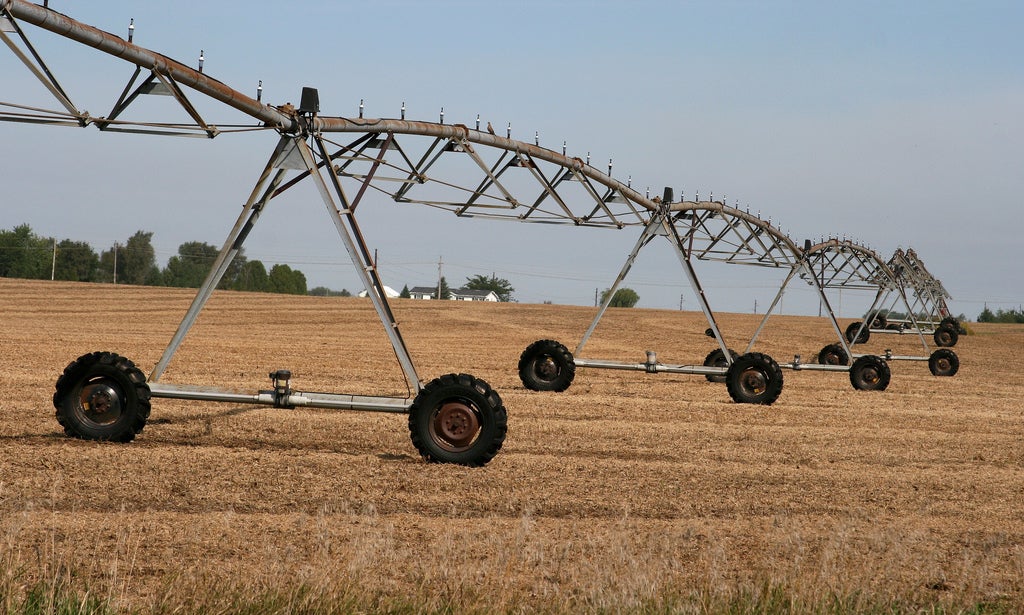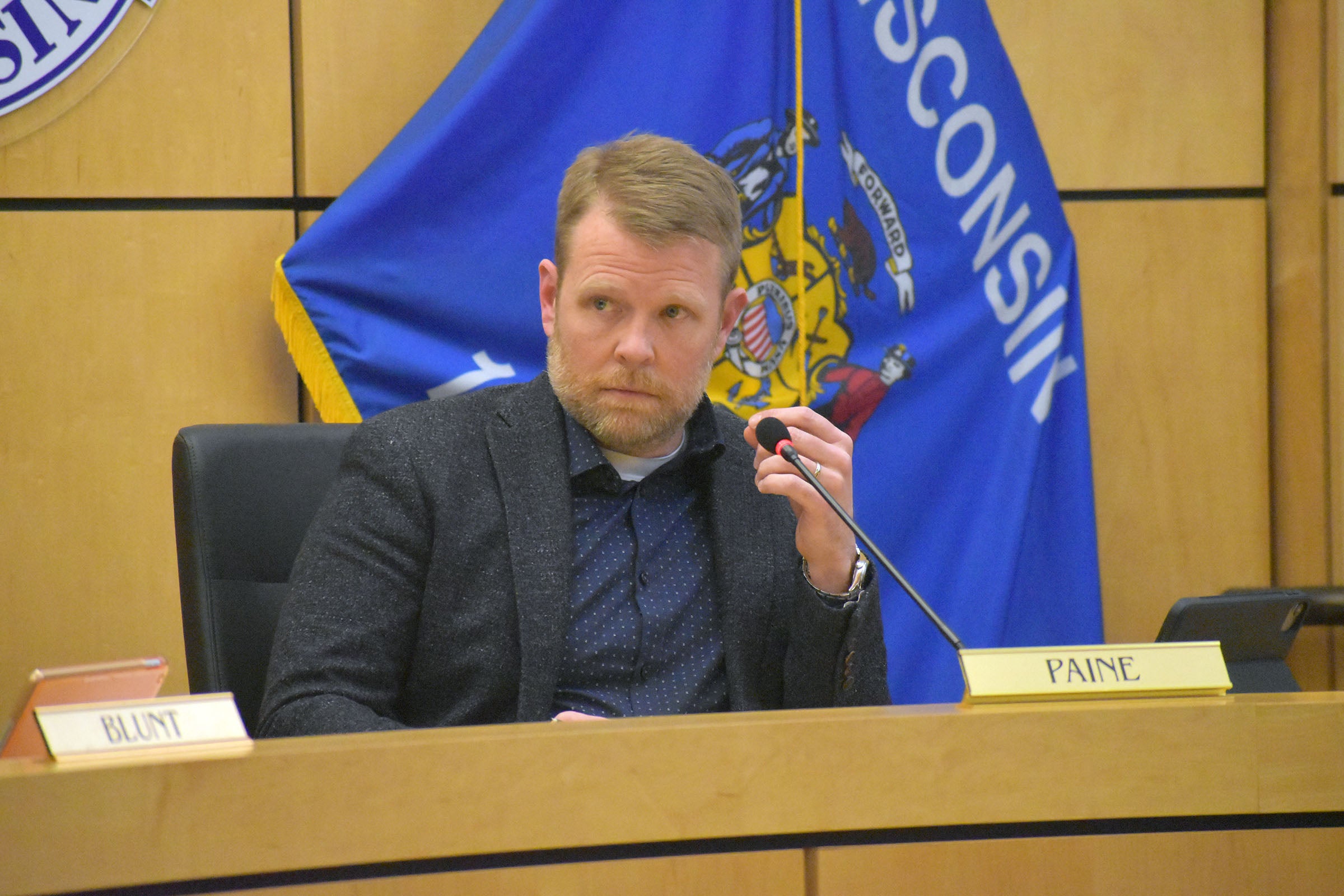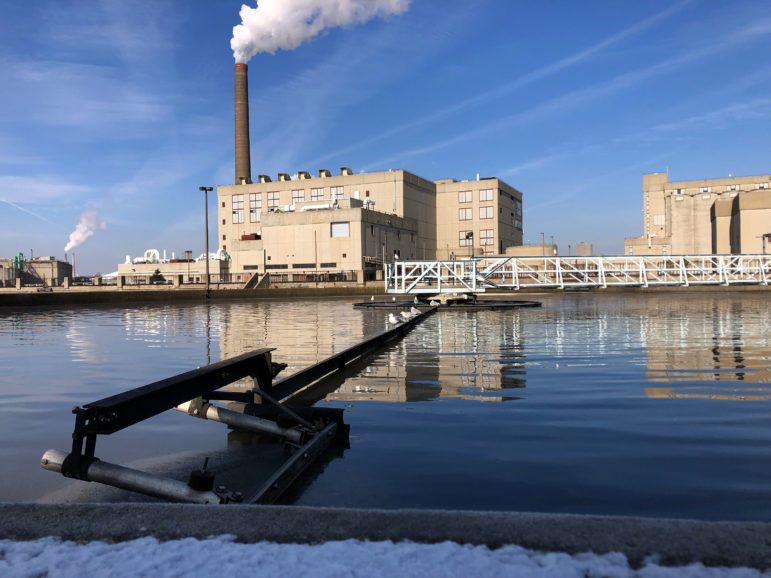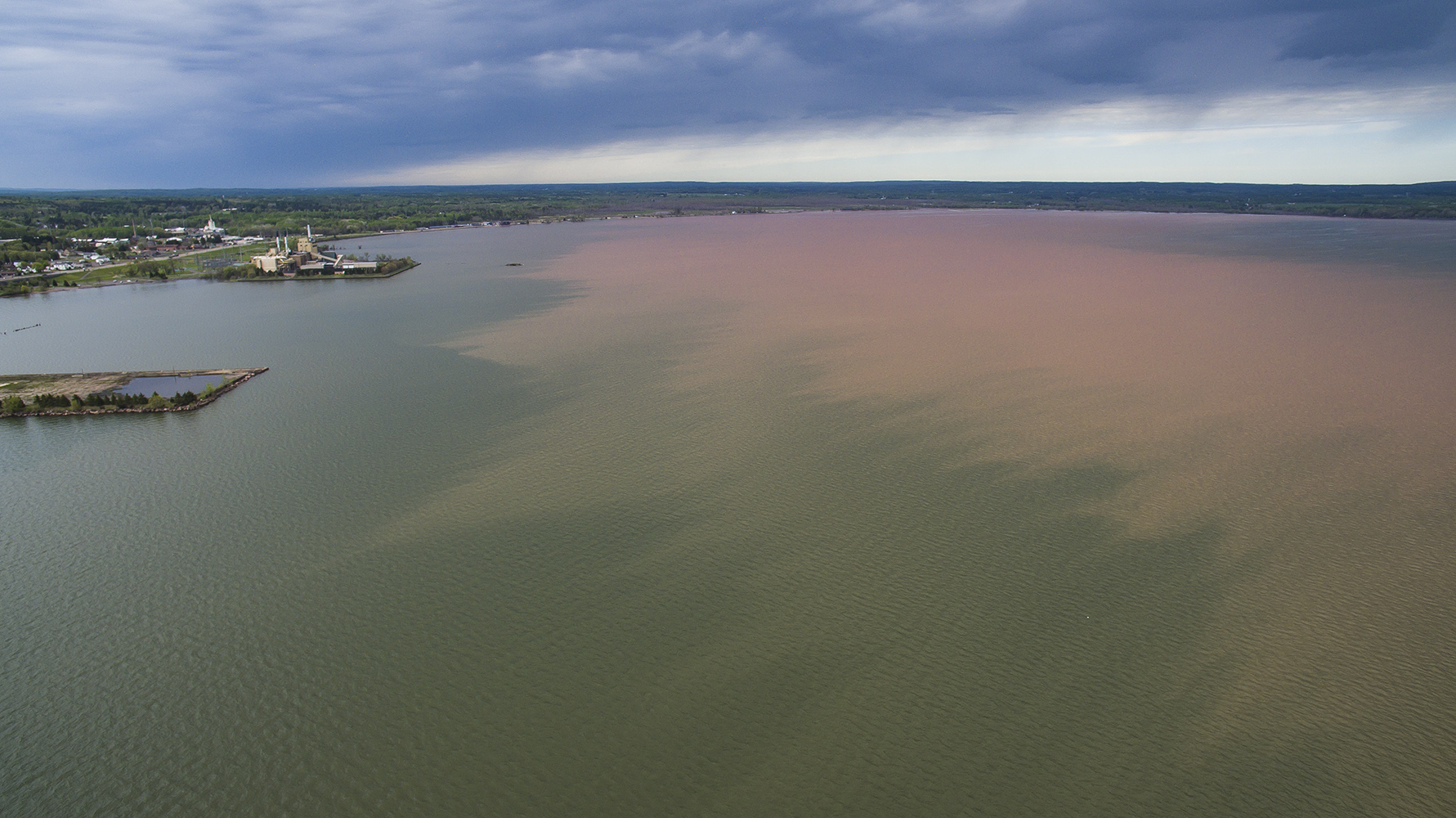Last weekend’s storms caused around 15 million gallons of sewage to overflow from Ashland’s wastewater treatment plant into Lake Superior. The city also experienced two other overflows from its sanitary sewer system as a result of the storms.
Ashland Mayor Deb Lewis said the city’s aging sewer system was overwhelmed by heavy rains. The system’s current design is capable of handling rainfall estimates from the 1960s. The city has been pinpointing problem areas and upgrading sewer lines. However, Lewis said fixing the issue takes time and money.
“Right now, there’s things we can do to manage the flow as storms come on; but in terms of volume, our system is what it is right now,” she said. “We’re talking about major, major costs to replace the whole system.”
Stay informed on the latest news
Sign up for WPR’s email newsletter.
Exact estimates weren’t immediately available, but Lewis indicated the cost would far surpass what the city is capable of funding with its roughly $12 million annual budget.
Ashland’s mayor said they’ve closed city beaches and advised people to avoid swimming or wading in the water until further notice. Water samples are also being collected for testing. Results aren’t expected for several days, according to the Wisconsin Department of Natural Resources.
“Often, results from these samples are below the effluent limits established in the WPDES permit (with the exception of bacteria) since the majority of the flow is clear water from the rain event,” wrote a DNR spokesperson in an email.
The state agency also said the overflow was likely to have dispersed in the lake.
Lewis assured residents the release from the sewer system wasn’t 15 million gallons of raw sewage, but untreated water and storm runoff.
“It’s a problem that every coastline community and a lot of inland communities are going to be facing as we experience these increased levels of rainfall,” Lewis said.
Last fall, the International Joint Commission, a joint United States-Canadian agency, recommended their governments devote more money for wastewater and drinking water infrastructure upgrades. The commission said increased funding is needed so communities are better equipped to handle extreme storms and protect water quality.
Public works officials have been testing water quality in Ashland to determine whether drinking water is safe after the overflow and storm runoff, said James Struck, interim acting director of public works.
“(Drinking) water has been passing with flying colors,” Struck said.
The city’s wastewater treatment plant can handle more than 3 million gallons of water a day. Heavy rains caused the city to sustain considerable damage to its parks, lakefront trail, streets and drainage system amounting to roughly $125,000 for public works and utilities, Struck said.
The DNR will follow up with the city on whether they’re meeting state requirements under to properly manage, maintain and operate its system.
Wisconsin Public Radio, © Copyright 2025, Board of Regents of the University of Wisconsin System and Wisconsin Educational Communications Board.





